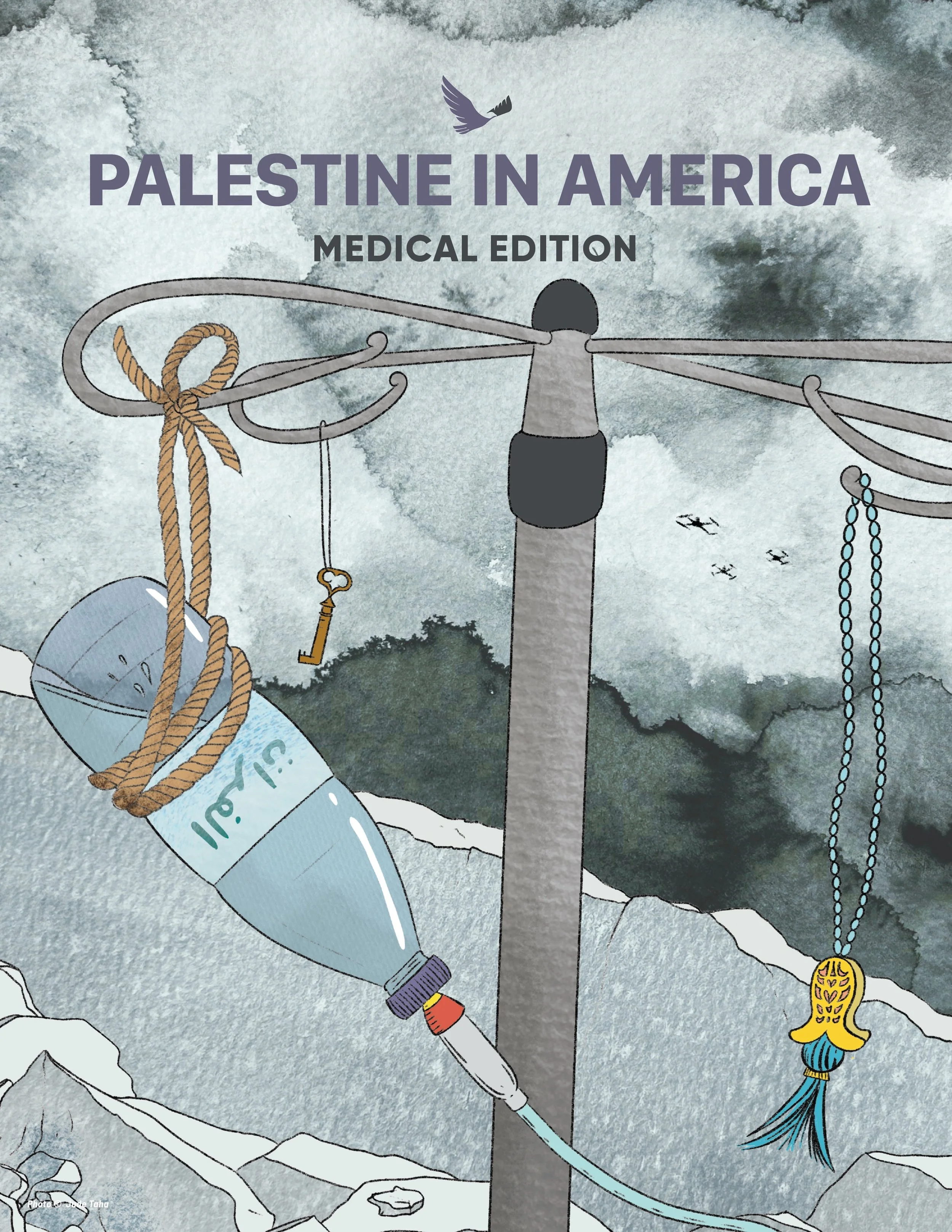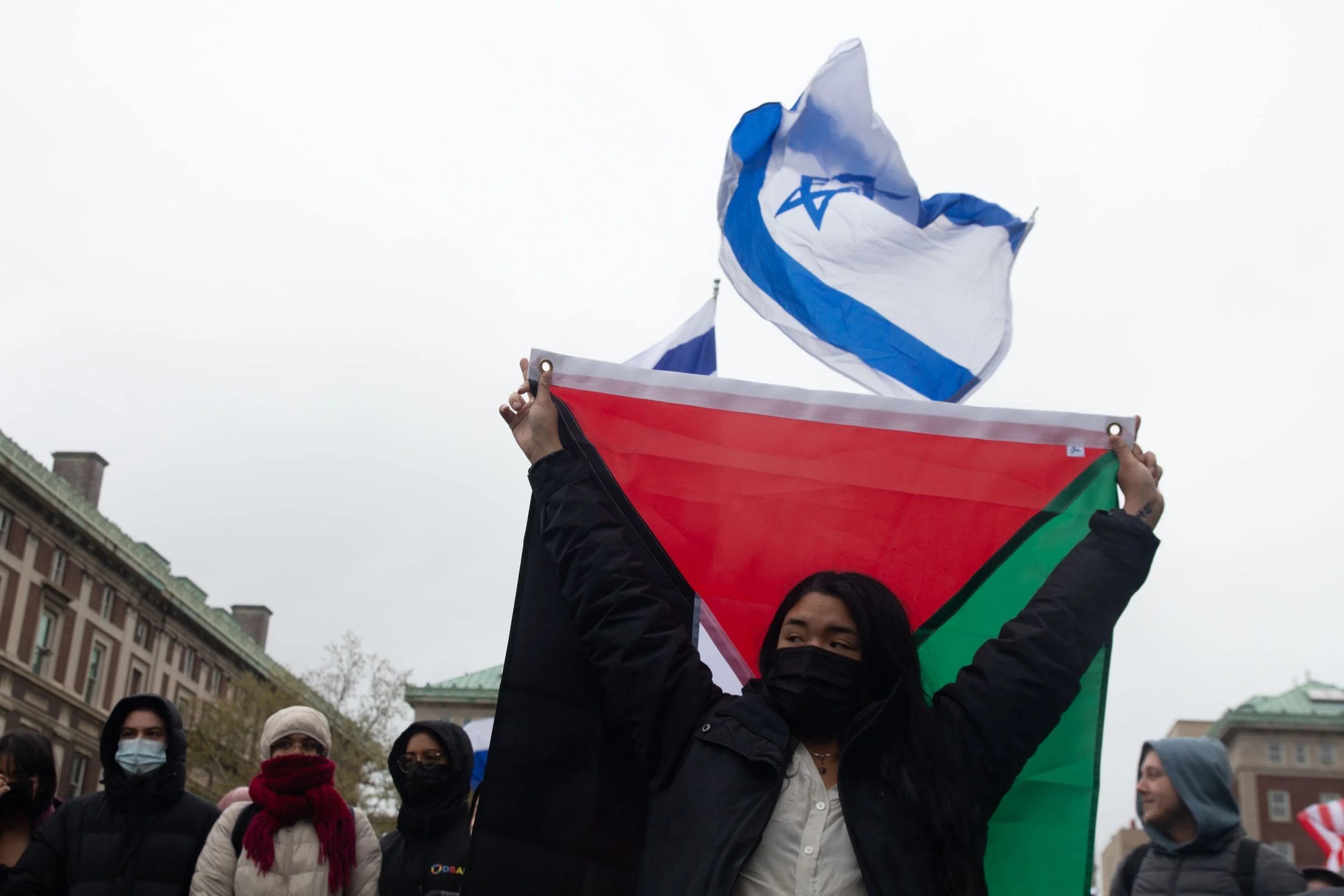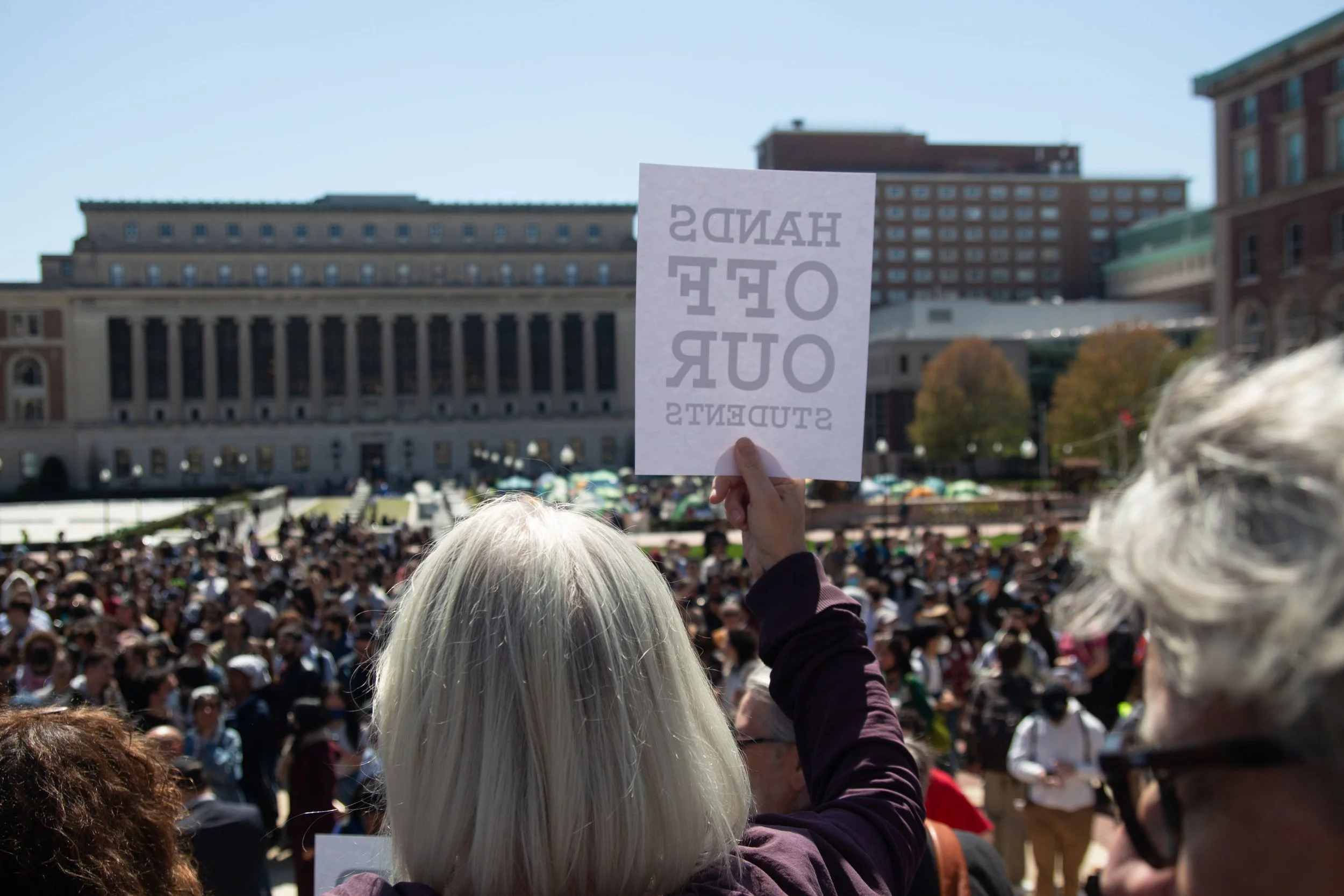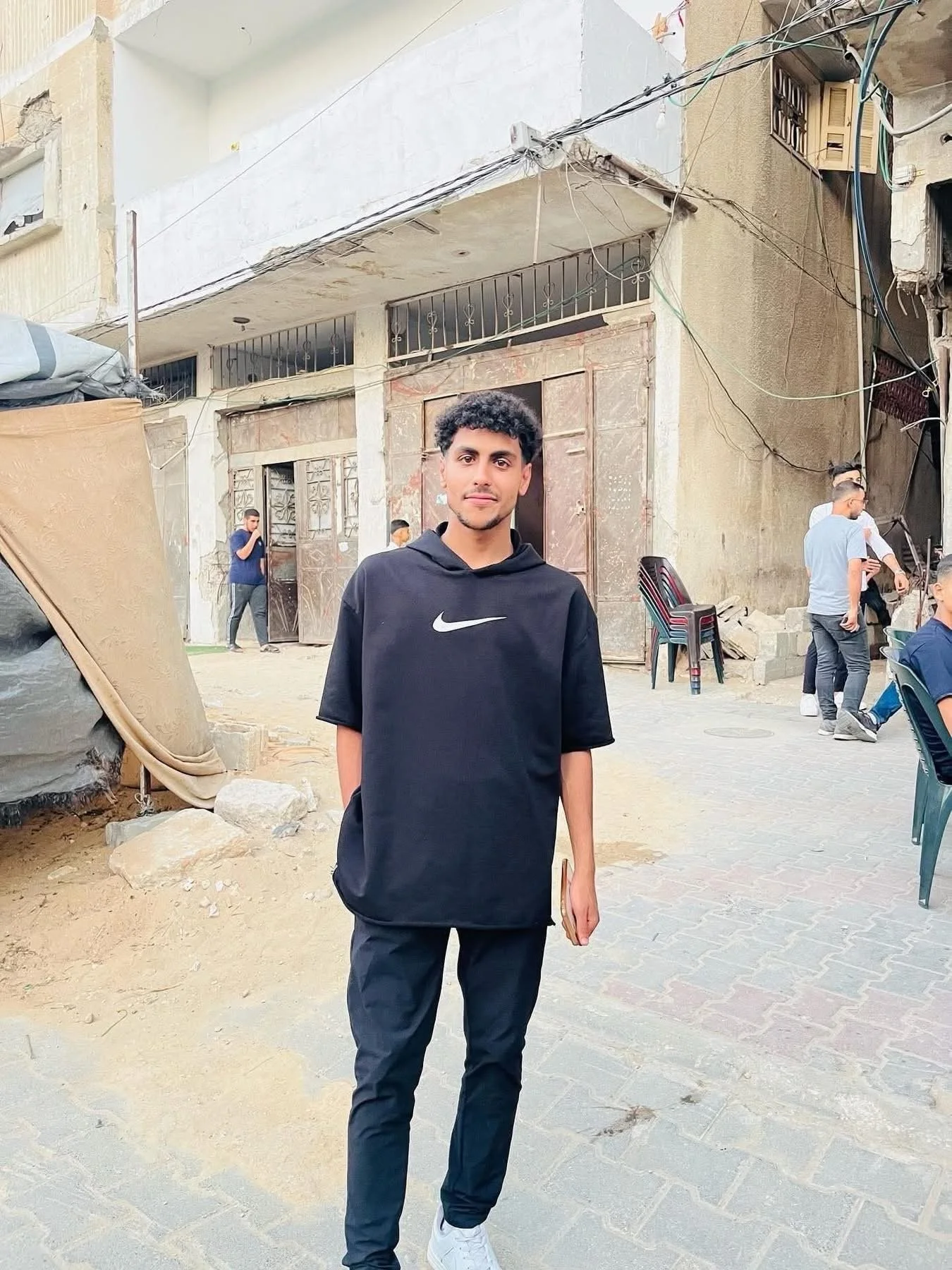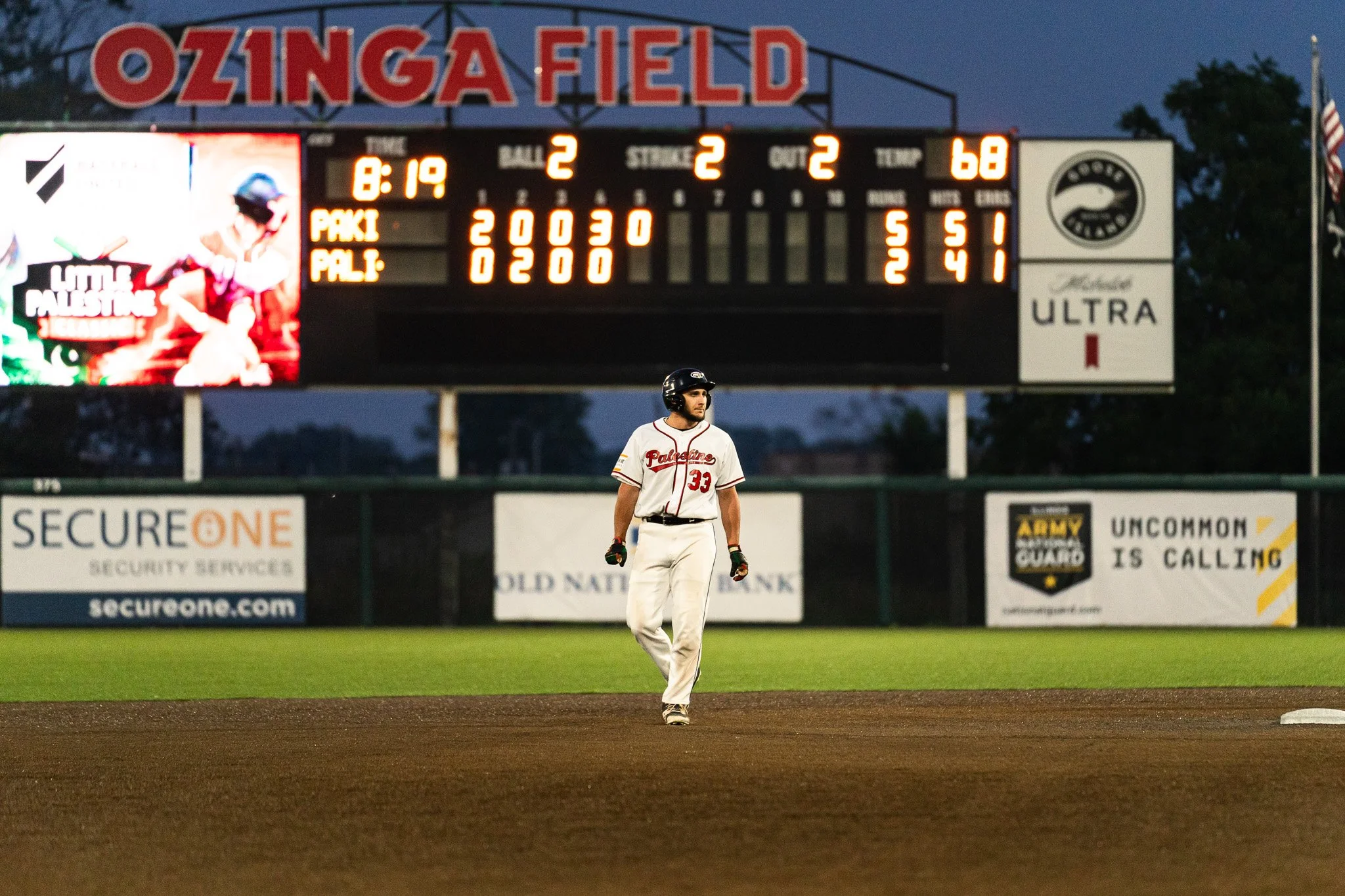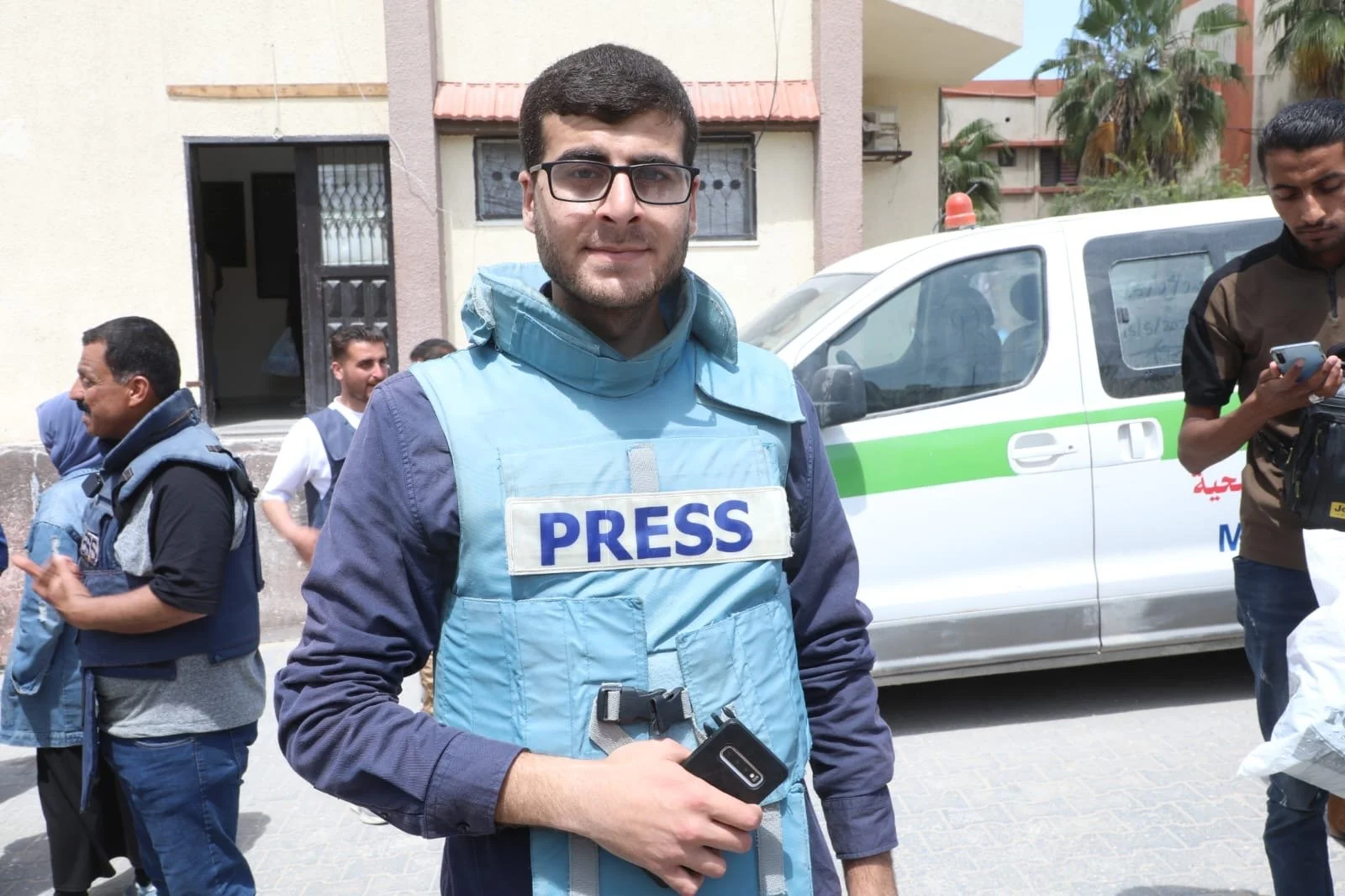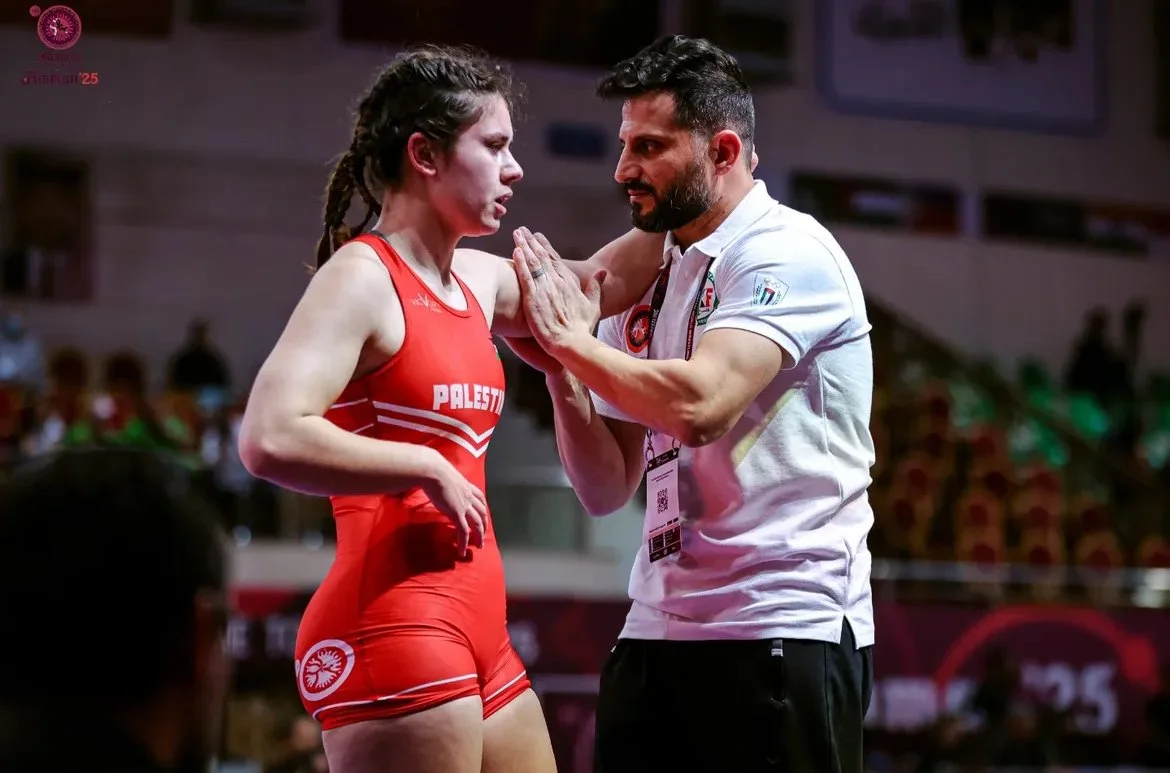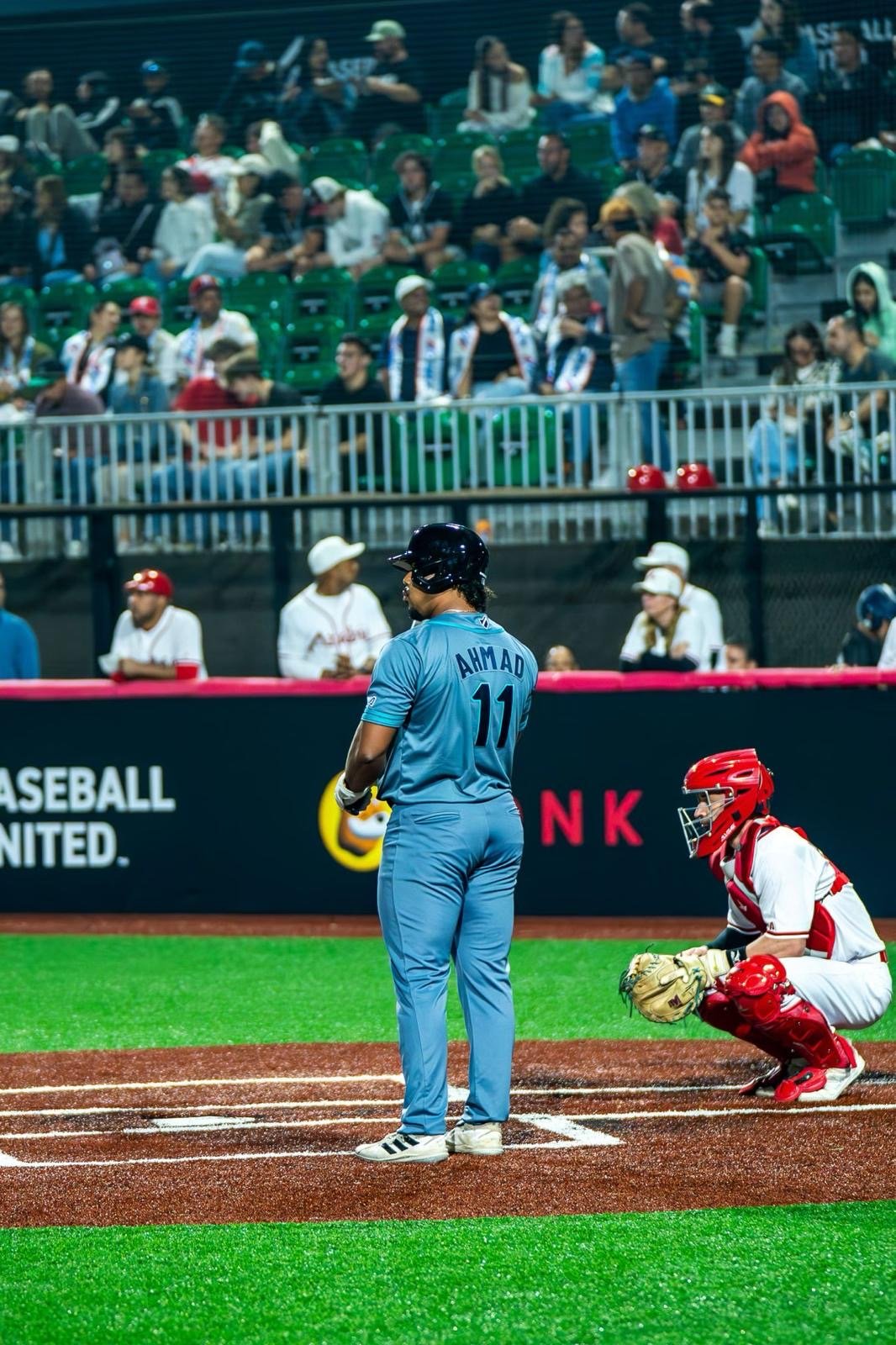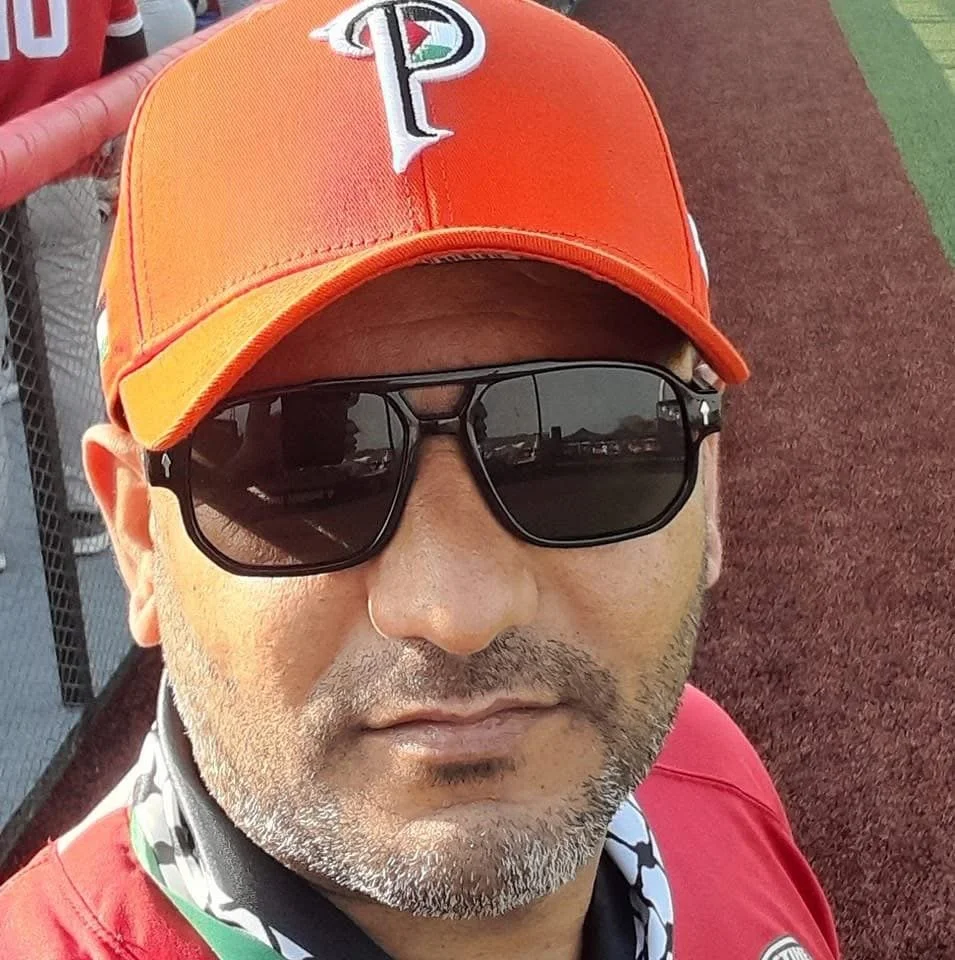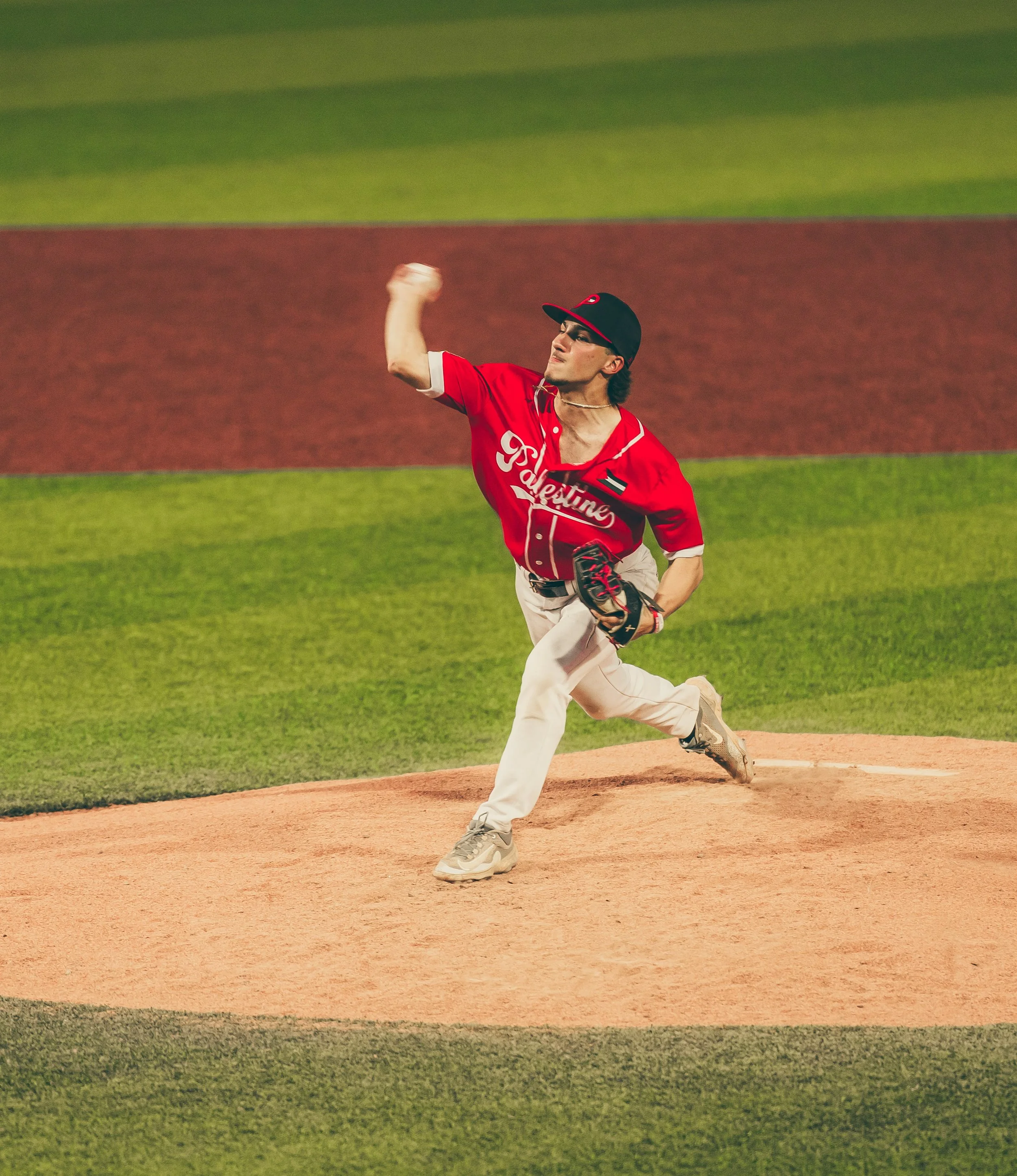Palestine in America
Palestine in America Inc NFP is a nonprofit organization dedicated to creating print and digital magazines that highlight Palestinians in the Unites States. We also pride ourselves on being a platform for Palestinian journalists to jumpstart their careers.
We just published our 15th edition. Please consider becoming a monthly subscriber or ordering our print and digital magazines individually to support our work.
If you have a tip or would like to submit work for an upcoming issue, email us at info@palestineinamerica.com


